Faculty Information
The members of our Sociolinguistics faculty
Thanks to the program’s flexibility, MLC-ers have the opportunity to take courses from instructors throughout the department and with a variety of specialties. Visit our main department page to find out more about all members of our faculty.
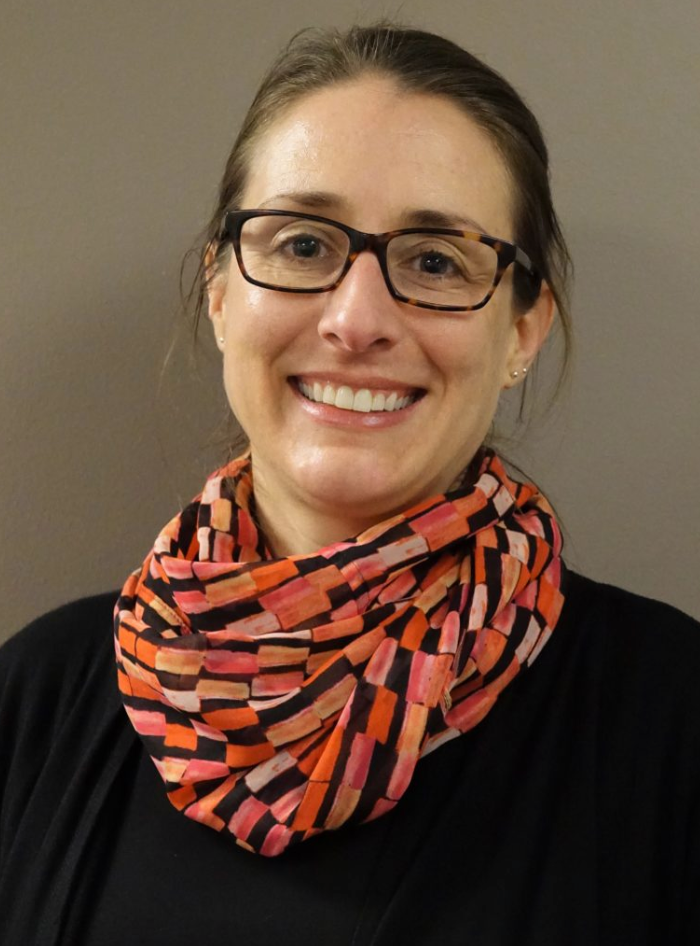
Cynthia Gordon, Associate Professor
Cynthia Gordon uses theories and methods of discourse analysis to examine everyday social interactions in family, educational, health, and online/digital contexts. Author of Making Meanings, Creating Family (Oxford, 2009), she was a 2012-2013 fellow at the Center for Advanced Study in the Behavioral Sciences at Stanford University. Her current research focuses on intertextuality and metadiscourse in online discussion boards; she is also involved with collaborative projects on the topics of professional identity socialization and mobile phone communication.

Deborah Tannen, University Professor
Deborah Tannen has been a member of the linguistics department faculty at Georgetown since 1979; she is one of six in the College of Arts and Sciences who hold the distinguished rank of University Professor. In addition to her seventeen academic books and over one hundred scholarly articles, she has written eight books for general audiences. The best known of these is You Just Don’t Understand: Women and Men in Conversation, which was on the New York Times best seller list for nearly four years, including eight months as No. 1, and has been translated into 31 languages. This is the book that brought gender differences in communication style to the forefront of public awareness. Her book Talking from 9 to 5: Women and Men at Work did for the workplace what the earlier book did for conversations at home, and was a New York Times Business best seller. Her books You Were Always Mom’s Favorite!: Sisters in Conversation Throughout Their Lives and You’re Wearing THAT?: Understanding Mothers and Daughters in Conversation were also New York Times best sellers. You’re The Only One I Can Tell: Inside the Language of Women’s Friendships, her 25th book, was published in May 2017. Among her academic books,Talking Voices explores the relationship between everyday conversation and the language of literature. Conversational Style: Analyzing Talk Among Friends presents a theory and method for analyzing conversation while examining New York vs. California conversational style. Her other books and articles address such topics as spoken and written language; doctor-patient communication; modern Greek discourse; and family communication. Visit her website for more information.
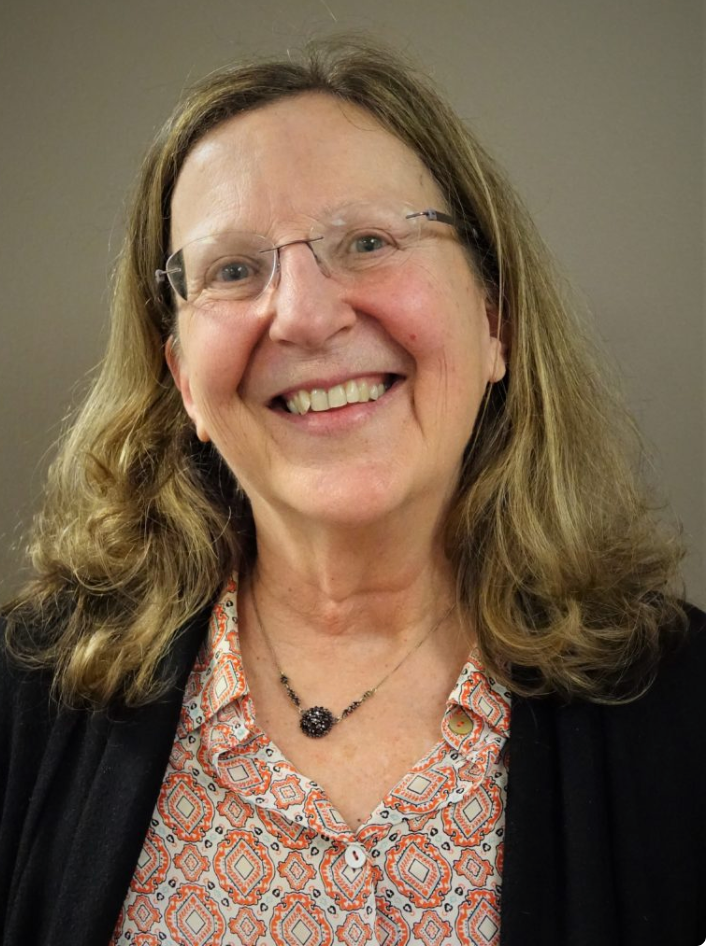
Heidi E. Hamilton, Professor
Heidi E. Hamilton is Professor in the Department of Linguistics, Georgetown University where she teaches courses in discourse analysis and applications of interactional sociolinguistics. Her research interests focus on issues of discourse and Alzheimer’s disease, language and aging, and health discourse. Her books include Conversations with an Alzheimer’s Patient, Language and Communication in Old Age: Multidisciplinary Perspectives, Glimmers: A Journey into Alzheimer’s Disease, Handbook of Discourse Analysis (with Tannen and Schiffrin), Linguistics, Language, and the Professions (with Alatis and Tan), Doing Foreign Language (with Crane and Bartoshesky), and Handbook of Language and Health Communication (with Chou). Her current book project is titled Language, Dementia, and Meaning Making: Navigating Everyday Challenges of Epistemic Understanding and Face. She has given plenary lectures at a range of linguistics, health, and aging conferences and workshops around the world, including in Austria, Belgium, Germany, Japan, Norway, Spain, Sweden, the United Kingdom, and the United States. Major awards include the Fulbright Distinguished Chair in Linguistics in Innsbruck, Austria; DAAD (German Academic Exchange Service) Gastdozentin in Berlin, Germany; and Humboldt Research Award in Berlin, Germany. For the past forty-plus summers, she has taught German and carried out research as Village Mentor at the K-12 language and cultural immersion programs of Concordia Language Villages in northern Minnesota http://www.concordialanguagevillages.org/. Heidi lives in Rockville, Maryland with her husband, Dan, Professor at the Johns Hopkins School of Advanced International Studies. Their son, Sean, teaches music and sports at the German International School of Portland in Oregon; their daughter, Siri, lives in Massachusetts with her husband, Shawn, and teaches first grade in Boston. Visit her website for more information.
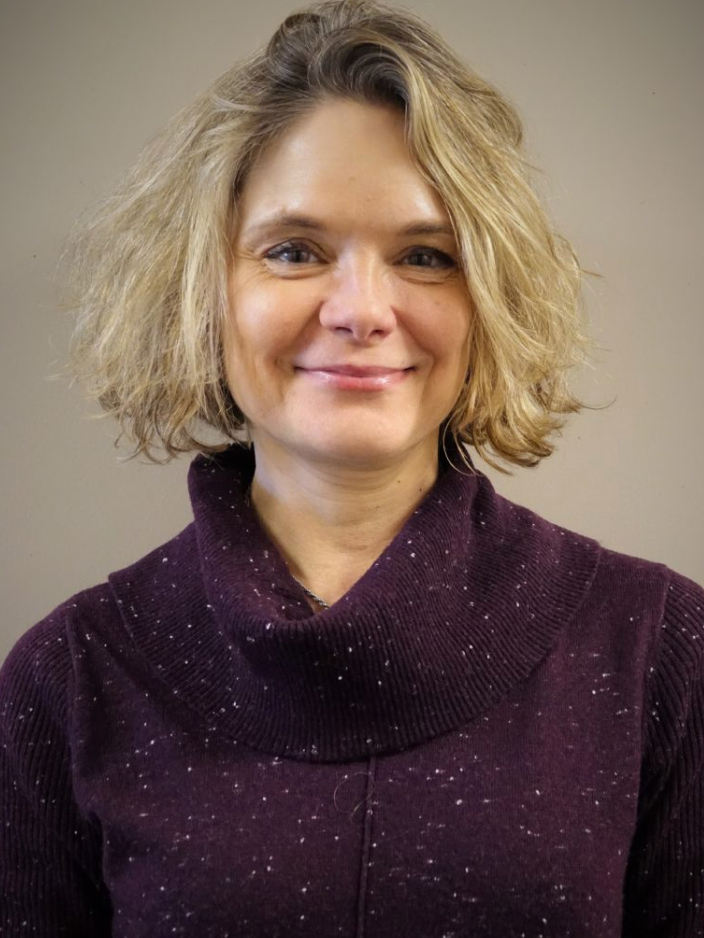
Natalie Schilling, Professor
Natalie Schilling has written extensively on language and dialect variation in the U.S., especially the Southeast and mid-Atlantic regions. She is the co-author of the authoritative American English: Dialects and Variation, co-editor of the scholarly reference volume Handbook of Language Variation and Change, co-author of a general interest book on the dialect of Ocracoke North Carolina, Hoi Toide on the Outer Banks, and author and co-author of numerous articles in leading sociolinguistics and linguistics journals, including Language, Language Variation and Change, Language in Society, and the Journal of Sociolinguistics. Her areas of research expertise include regional, ethnic, and stylistic variation, as well as endangered and dying languages and language varieties. She has been involved in educational outreach programs on dialect variation ranging from courses for high school students and teachers, video documentaries, and museum exhibits. She also teaches and works with law enforcement professionals in the area of forensic linguistics. Visit her website for more information.
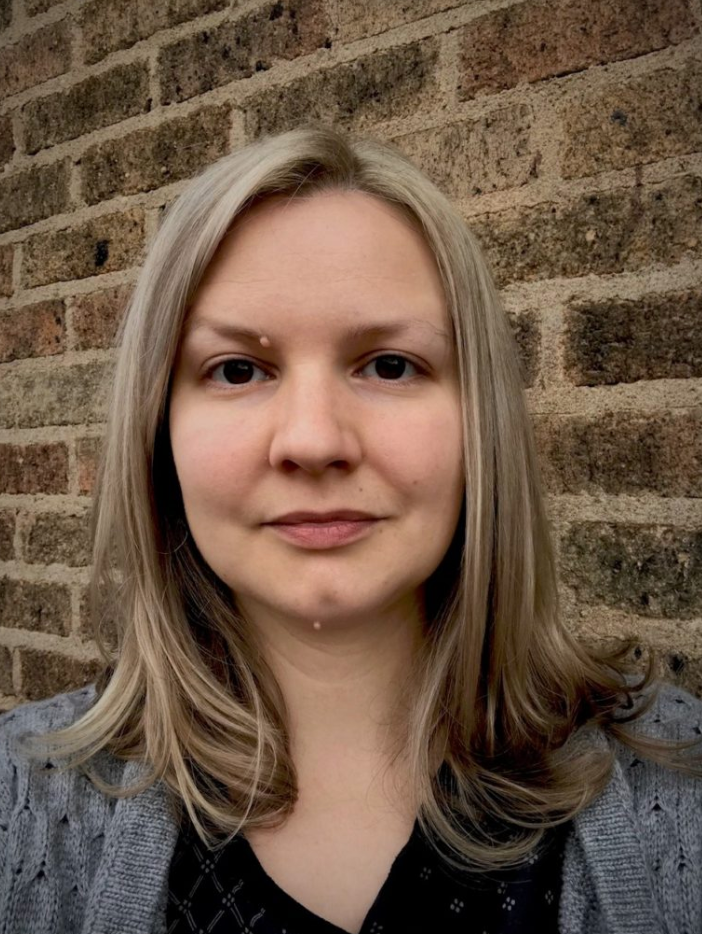
Jennifer Nycz, Associate Professor
Jennifer Nycz is a sociophonetician who studies variation in speech sounds and the linguistic and social-attitudinal constraints on this variation, with the goal of understanding language as both a cognitive and a social system. Her primary empirical focus is accent and mobility, or ‘second dialect acquisition’. By examining how mobile speakers adopt (or resist) features of new regional accents, her work has shed light on how words and sounds are represented in the mind, how speakers link social meaning to linguistic form, and how they use language to communicate complex social identities and attitudes. She is also interested more generally in change over the lifespan, phonological variation, and research methods in phonetics. Jen obtained her Ph.D. from New York University and has previously held positions at Haskins Laboratories, the University of York (UK), and Reed College. Visit her website for more information.
In Memoriam: Deborah Schiffrin, Professor Emerita
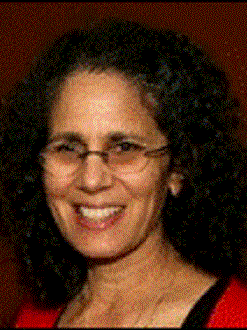
The MLC’s Founding Director, Professor Emerita Deborah Schiffrin passed away early on the morning of Thursday July 20. Professor Schiffrin was a treasured member of the Georgetown University linguistics department faculty from 1982 to 2013, and served as department chair from 2003 to 2009. In that capacity, she designed and oversaw the department’s MA in Language and Communication. During her years on the faculty, she rose to a position of international prominence in our field, helped found and define the field of discourse analysis, and mentored many doctoral students who went on to become prominent in their own right.
Debby Schiffrin received her BA in sociology from Temple University and her PhD in linguistics from the University of Pennsylvania, where she studied with William Labov and Erving Goffman, giants in the fields of linguistics and sociology respectively. Her work combined the fine-grained analysis of linguistics with sociology’s attention to social forces at work in society. This combination was evident, for example, in her study of personal narratives told by survivors of the Holocaust and of the United States’ internment of Japanese-Americans.
In her first book, Discourse Markers, based on her dissertation, she coined the term that became standard in the field, and launched what became a fertile subfield of linguistics, as innumerable articles and dissertations were written, and continue to be written, on discourse markers in English as well as many other languages. In her second book, Approaches to Discourse, she showed how different branches of discourse analysis approach the study of conversation. It immediately became and remains a foundational text in the field.
Professor Schiffrin was among the first linguists to pay close attention to the way people tell stories in conversation, becoming one of the most prominent scholars to examine the role of language in displaying and constructing identity in narrative, as in her article “Narrative as self-portrait: Sociolinguistic constructions of identity,” and several volumes of collected papers on narrative that she co-edited. Her work on these and many other topics continue to be widely cited.
All who knew, worked with, or studied with Deborah Schiffrin know that her brilliant intellect was matched by her quietly unassuming manner and unfailing kindness. She will be sorely missed.
(Heidi E. Hamilton and Deborah Tannen)
